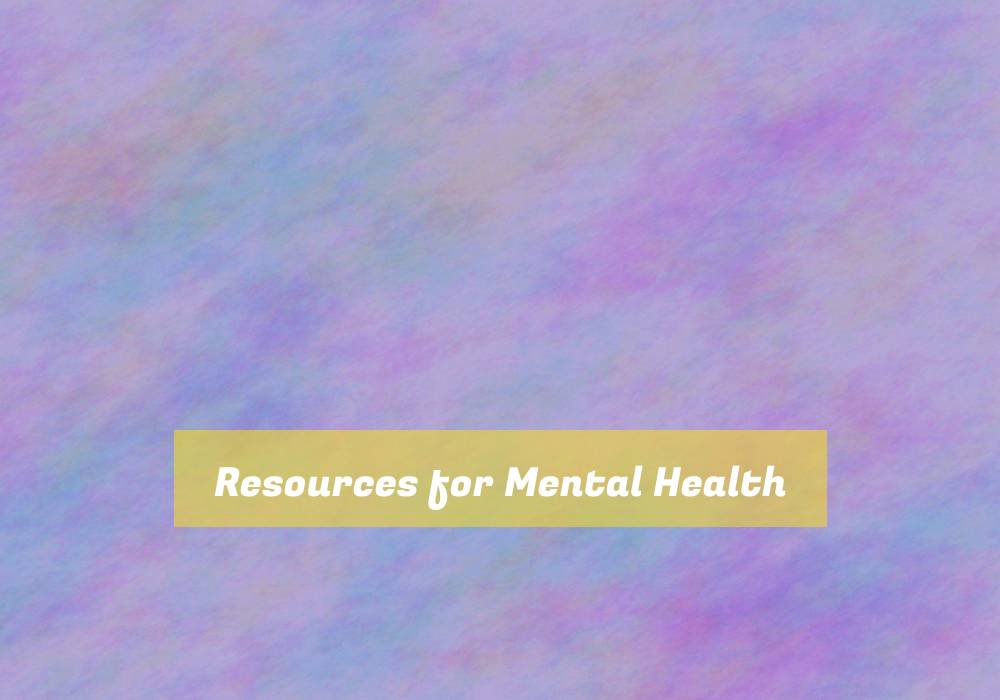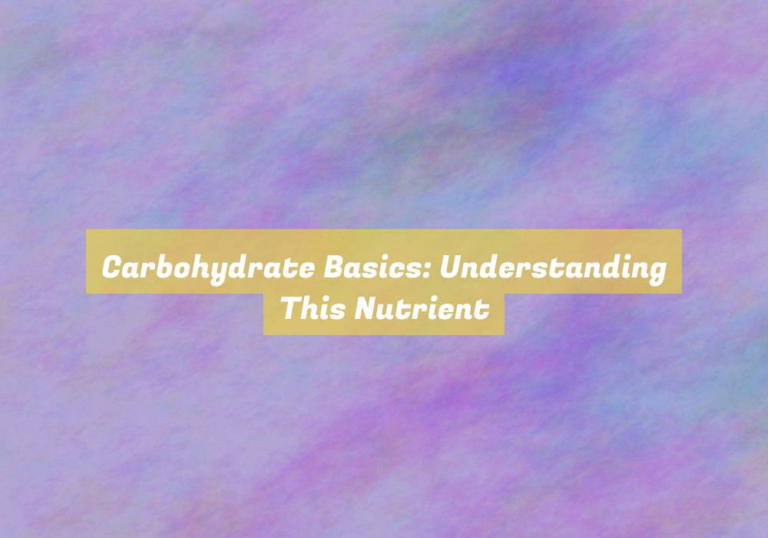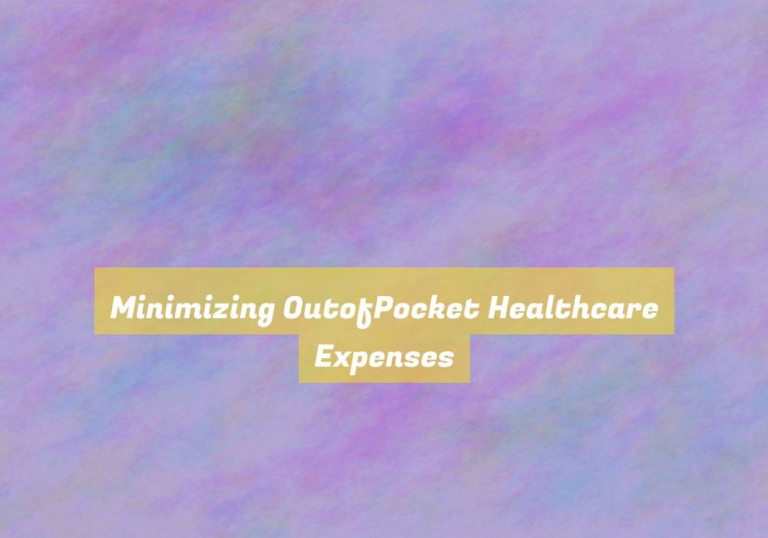Resources for Mental Health
Are you feeling like youG??re standing in the middle of a dense forest, surrounded by uncertainty and confusion when it comes to finding help for your mental health? There are numerous resources available to support you, but navigating through them can feel overwhelming.
However, understanding the various options and how they can benefit you is crucial in finding the right path to mental well-being. From traditional therapy options to online forums and support groups, each resource offers its own unique advantages.
But how do you determine which one is the best fit for you?
Therapy Options
When considering therapy options, itG??s essential to evaluate your specific needs and goals in order to find the most effective approach for your mental health. Different types of therapy can address various concerns, so itG??s important to choose one that aligns with your preferences and circumstances.
Cognitive-behavioral therapy (CBT) focuses on identifying and changing negative thought patterns and behaviors, making it suitable for managing anxiety and depression. If youG??re looking to explore the subconscious influences on your behavior and emotions, psychodynamic therapy might be a better fit.
For those seeking to improve their relationships and communication skills, couples or family therapy could be beneficial. Alternatively, if you prefer a more holistic approach, consider mindfulness-based therapies that incorporate meditation and self-awareness practices.
ItG??s also worth considering the format of therapy, whether individual, group, or online sessions, to ensure it aligns with your comfort level and availability. By carefully considering your needs and preferences, you can select a therapy option that offers the support and guidance necessary for your mental well-being.
Support Groups
To complement your therapy options, consider joining support groups that provide a space for shared experiences and mutual encouragement in managing mental health challenges. Support groups offer a unique environment where individuals facing similar struggles come together to share their stories, coping strategies, and emotional support. Being part of a support group can help you feel less isolated and more understood as you navigate your mental health journey.
These groups can be specific to certain mental health conditions such as anxiety, depression, bipolar disorder, or PTSD, allowing you to connect with others who truly understand what youG??re going through. Additionally, there are support groups for various demographics, including LGBTQ+ individuals, veterans, and caregivers, providing a sense of community and understanding among peers.
Participating in support groups can also provide practical advice and resources for managing your mental health. You may gain insight into different treatment options, learn new coping skills, and receive recommendations for mental health professionals.
Online Forums
Consider utilizing online forums as a valuable resource for connecting with individuals who can offer support and understanding in managing your mental health challenges. Online forums provide a platform for sharing experiences, seeking advice, and finding comfort in knowing that you arenG??t alone in your struggles. These forums cover a wide range of mental health topics, including anxiety, depression, PTSD, and more, allowing you to find a community that resonates with your specific needs.
One of the key benefits of online forums is the ability to engage with others at any time, providing a sense of continuous support. Whether youG??re seeking immediate guidance or simply want to connect with others during difficult moments, online forums offer a convenient way to access a supportive network. Additionally, these forums often feature anonymity, allowing you to express yourself openly without the fear of judgment.
ItG??s important to approach online forums with a critical mindset, ensuring that the information and advice received align with professional guidance. However, when used responsibly, online forums can serve as a valuable supplement to traditional mental health resources, offering a sense of community and understanding that can be instrumental in your journey towards improved mental well-being.
Helplines
As you seek additional support for managing your mental health challenges, helplines can provide immediate assistance and guidance from trained professionals. These helplines are staffed with individuals who are ready to listen and offer support, whether youG??re experiencing a crisis or simply need someone to talk to. Many helplines operate 24/7, ensuring that help is available whenever you may need it.
Whether youG??re dealing with anxiety, depression, or any other mental health issue, these helplines can offer a safe space to discuss your feelings and receive valuable advice.
When you reach out to a helpline, you can expect to speak with compassionate individuals who are trained to provide emotional support and practical advice. They can help you navigate through difficult emotions, provide information on local mental health resources, and offer coping strategies to help you through challenging times.
Additionally, helplines can assist in connecting you with mental health professionals and services in your area, ensuring that you receive the ongoing support you need.
Conclusion
Overall, there are many resources available to support your mental health. Whether you choose therapy, support groups, online forums, or helplines, know that help is out there.
DonG??t be afraid to reach out and seek the support you need. You arenG??t alone in this journey, and there are people and resources ready to help you.
Take the first step towards better mental health today.







